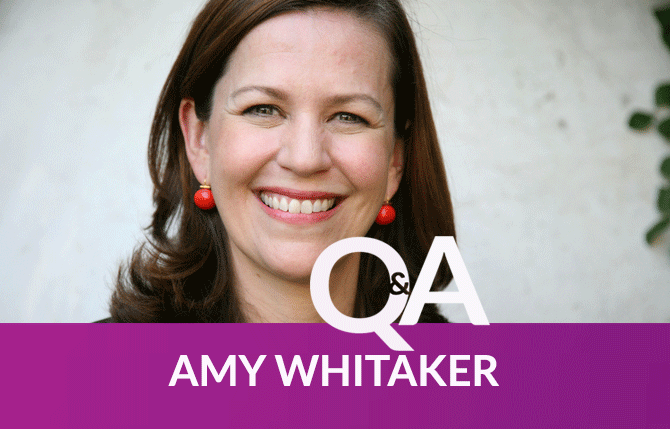Julie Rovner, chief Washington correspondent for Kaiser Health News, will speak at Spotlight Health this summer. In preparation for the festival, she agreed to answer a few questions about Donald Trump’s plans, reporting in DC, and the future of the Affordable Care Act.
You’ve been covering efforts by Republicans to overhaul the Affordable Care Act. What are the forces at play that keep the GOP and President Trump fighting for changes to the health care law?
Republicans have been vowing for seven years to “repeal and replace” the ACA. They never agreed on much in terms of the substance of what a “replace” should look like, but now that they are in charge of both Congress and the White House they share the pressure from their constituents to follow through on that promise. Republicans are now experiencing the flip side of what bothered Democrats for the past several years — that many pieces of the health law are very popular while the law itself is less so. Now Republicans are struggling with how to get rid of the law but keep its popular provisions. Not easy.
How strong is the desire within the American public now to repeal and replace the Affordable Care Act?
Ironically, now that chances are better that the law could be substantially altered, public opinion is swinging back in its favor according to many polls. While opinion on the law has long been sharply divided (with Democrats in support and Republicans in opposition), more independents seem to be moving to the “support” column.
You’ve covered health care for NPR, National Journal’s Congress Daily, Congressional Quarterly, and now Kaiser Health News. In those years of reporting, what’s a story you covered that stands out?
Covering the development, passage, and implementation of the Affordable Care Act was a continuous learning experience that will never be matched. I have spent my career covering the intersection of policy and politics and this has been a textbook example of how each impacts the other.
President Trump has made combative remarks about the news media. As a journalist based in Washington, DC, how have you experienced reporting on this administration? Is it more challenging than past administrations?
I started reporting in Washington in the final years of the Reagan administration, so I am familiar with party changes at the White House. What I have found is that each successive administration has been more difficult to cover, as public information offices have centralized their power over executive branch personnel in the various agencies of the federal government.
What health issue are you most excited to discuss at Spotlight Health?
I am particularly looking forward to exploring the “intersections” between various topics that impact health and health care. I have in the past found that to be the most rewarding part of Spotlight Health. I find myself making linkages I never would have thought about but for the various experts brought together to share ideas.
This post originally appeared on the Aspen Ideas Festival site.


